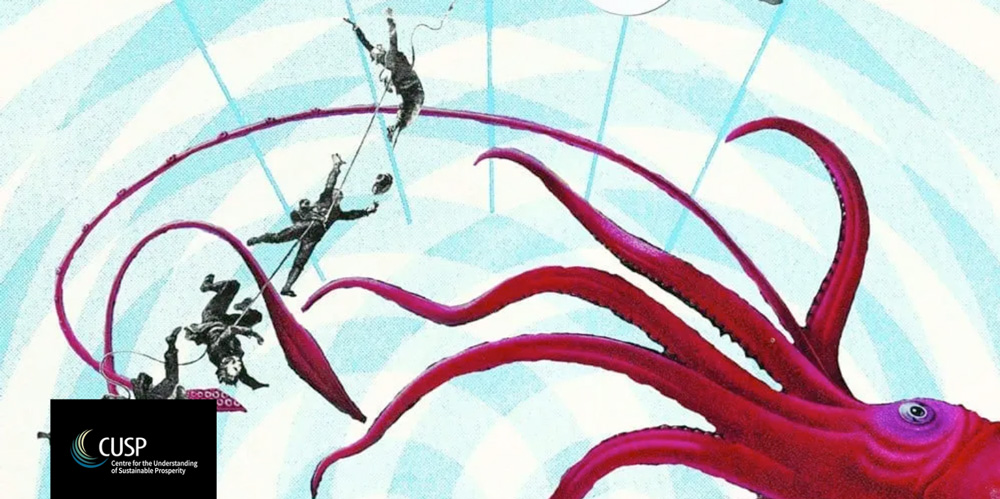Consumerism
kev and
Consumerism
kev and

“Where fashion is about newness and consumption and want, clothing is about enduring value and need,” he writes. “Clothing is cherished, cared for, repaired, passed on. Where fashion is fast, clothing is slow. Clothing is about making better and consuming less, and because of that is good for the people that make it, good for the people who wear it and good for the planet.” Fashion, he says, is “social manipulation.”

Supreme traced a social and cultural topography of its brand’s global community, but that community formed exactly because you could only buy Supreme at its Lafayette Street shop in New York. Through its merch, Supreme held this community together across time and geography. It connected people, conversations, and symbols into one Supreme social network.
Non-coercive marketing is about creating customers who are both happy and empowered. […] An empowered customer is someone whose choice to transact comes not from insecurity, but from self trust. In other words, it's a ‘fuck yes’ decision for them, made from a place of wholeness.”
community > consumers. anyone > everyone. post-consumer mindset.


We believe disposable stuff will just be a glitch in the long arc of consumerism. We're powering the new wave. We are “LE NEW CONSUMER”.

the majority population don’t really like destructive consumerism, but have been bullied and seduced by capitalism into imagining that they like it, and therefore can perhaps be persuaded out of it again, provided that this persuasion is accompanied by sufficiently far-reaching institutional changes.
the majority population don’t really like destructive consumerism, but can’t desist from it because they have become addicted to it.
Consumer society…overwhelms us with a potentially limitless range of options…limitless possibility can be debilitating and a constant source of frustration. Simplifying choice by setting our own limits and by choosing ‘not to’…can then be liberating.
The idea that the only goal in life is to produce and consume more – an absurd, humiliating idea – must be abandoned. The capitalist imaginary of pseudo-rational pseudo-mastery, and of unlimited expansion, must be abandoned. Only men and women can do that.

The iron cage of consumerism:
the profit motive stimulates a continual search for newer, better or cheaper products and services
our own relentless search for social status lock us into an escalating spiral of consumerism
The language of cool is conveyed through a vocabulary of the new.
Confidence in our place in the social world hangs or falls on our ability to participate in consumerism.
We created these conditions [above ☝️].
The restless desire of the consumer is the perfect complement for the restless innovation of the entrepreneur. […] The ‘iron cage of consumerism’ is a system in which no one is free.
I want to argue of course that modern society has internalised a number of specific functions of world maintenance within the dynamics and organisation of consumerism.
The language of stuff:
This is one of the key lessons from the sociology of consumption. It is now broadly accepted that material things are deeply implicated in the social and psychological fabric of our lives. This role depends heavily on the human tendency to imbue material artefacts with symbolic meaning.
Mary Douglas (1976, 207):
“[a]n individual’s main objective in consumption is to help create the social world and to find a credible place in it.”
If consumption plays such a vital role in the construction and maintenance of our social world, then asking people to give up material commodities is asking them to risk a kind of social suicide. People will rightly resist threats to identity. They will resist threats to meaning.